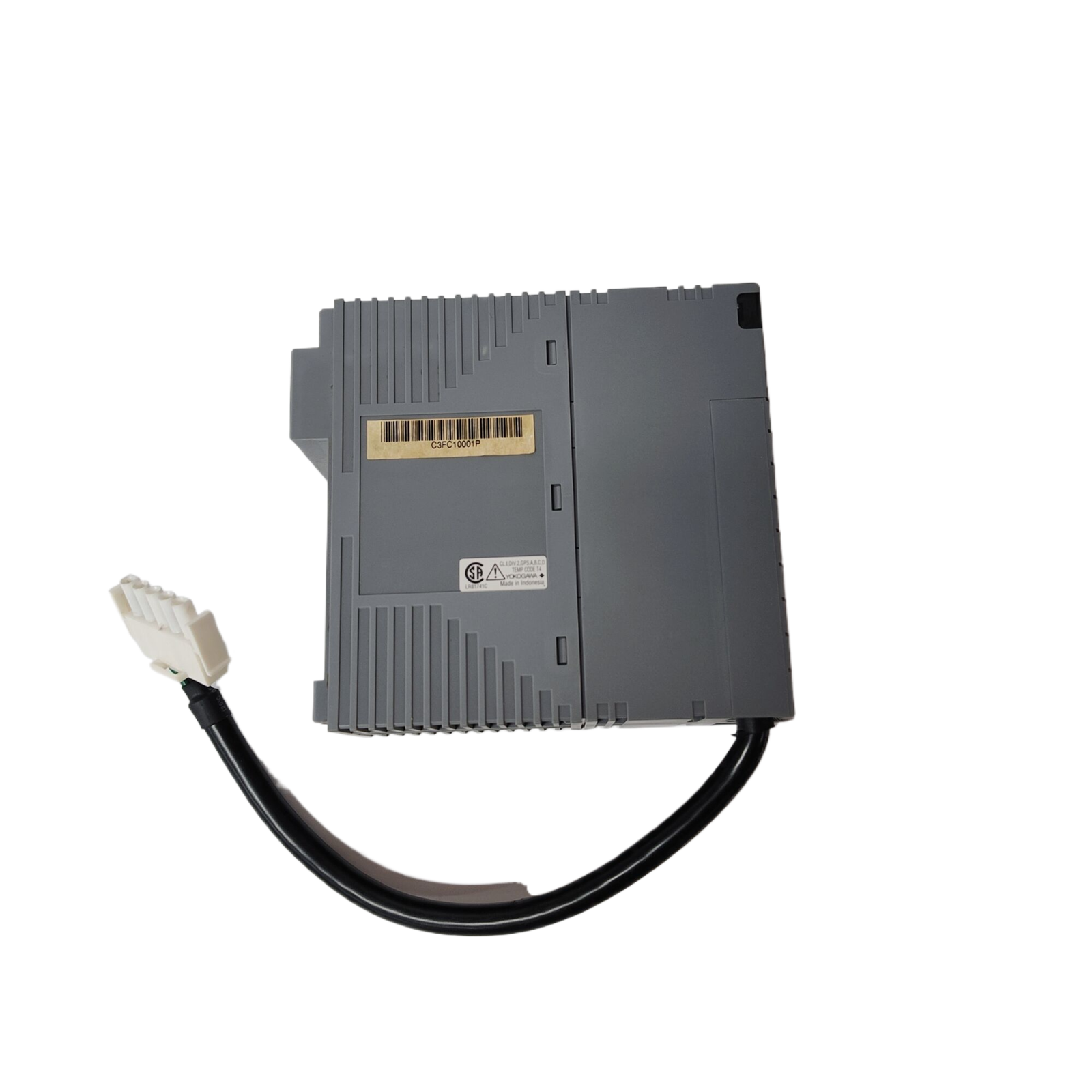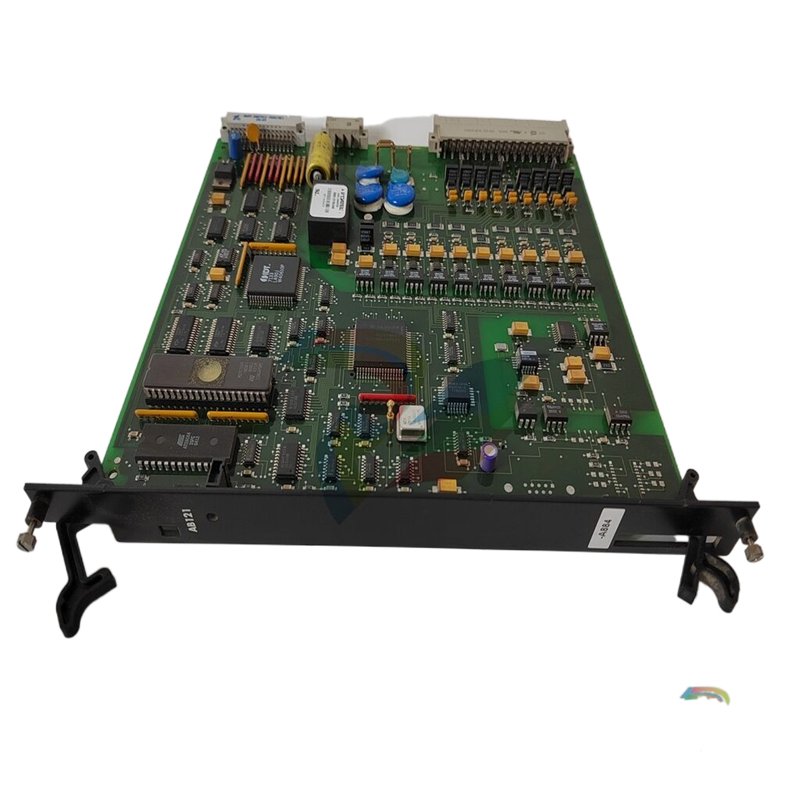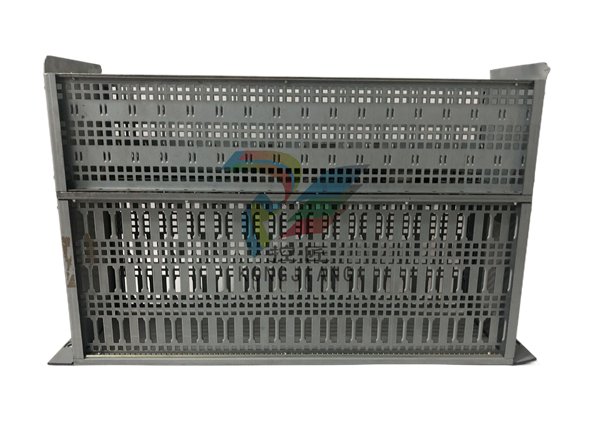WOODWARD 9907-1200

WOODWARD 9907-1200: Advanced Industrial Module for Automation Engineering Solutions
The WOODWARD 9907-1200 stands as a premier industrial module component designed for high-performance automation engineering solutions. Engineers across industries rely on its robust specifications to enhance system efficiency and reliability. Furthermore, its advanced architecture ensures seamless integration with complex industrial setups.
Technical Specifications
Below, we outline the detailed WOODWARD 9907-1200 specifications that meet stringent industrial equipment standards:
- Input Voltage Range: 24V DC ±10%
- Operating Temperature: -40°C to +85°C
- Communication Protocol: CANopen, Modbus RTU
- Output Current: 5A continuous, 10A peak
- Protection Rating: IP67 (Dust and Waterproof)
- Dimensions: 120mm x 80mm x 35mm
- Weight: 450g
- Certifications: CE, UL, RoHS Compliant
Key Features
The WOODWARD 9907-1200 delivers exceptional performance for industrial module components. Its rugged design withstands harsh environments while maintaining precision control. Additionally, the module supports real-time diagnostics, ensuring minimal downtime.
Moreover, engineers benefit from its plug-and-play compatibility with existing automation engineering solutions. The module also features overvoltage and short-circuit protection, safeguarding connected equipment.
Applications
Industries leverage the WOODWARD 9907-1200 for diverse applications. For instance, it powers critical systems in manufacturing plants, energy grids, and transportation networks. Similarly, its reliability makes it ideal for aerospace and marine automation.
Beyond traditional uses, the module excels in smart infrastructure projects. Consequently, cities adopt it for traffic management and utility monitoring systems.






.jpg)


